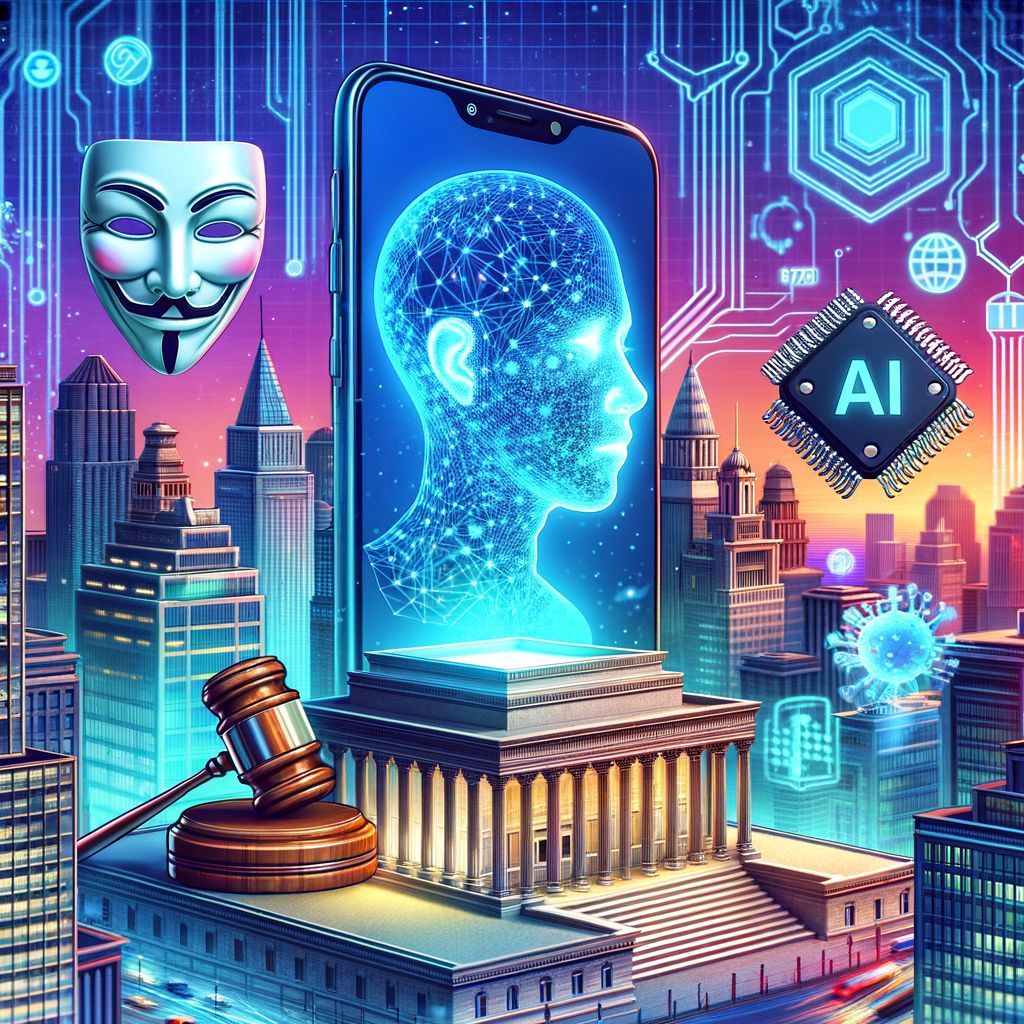

Image by DALL·E Pic: Midjourney
Editors' Note: Many Fast News images are stylised illustrations generated by Dall-E. Photorealism is not intended. View as early and evolving AI art!

GenAI's rise is near,
A transformative force here,
Challenges are clear.

Organisations shifting from GenAI experiments to performance-driving investments, reveals NTT Data
NTT DATA has unveiled the initial findings of its proprietary research on Generative AI (GenAI), signalling a shift from experimentation to long-term use cases.
The report, which surveyed over 2,300 IT and business leaders across 12 industries in 34 countries, indicates a significant anticipation for the impact of GenAI technology.
According to the report, 97% of CEOs anticipate a substantial impact from GenAI technology, with 99% of organisations planning further GenAI investments. However, 90% of respondents identified legacy infrastructure as a barrier to effective GenAI utilisation.
The research also revealed that 83% of surveyed leaders have established 'expert' or 'robust' GenAI teams. Top use cases for GenAI include personalised service recommendations, knowledge management, quality control, and research and development.
Two-thirds of C-suite respondents believe GenAI will be a 'game changer' over the next two years, improving productivity, efficiency, sustainability, compliance, business processes, security, and employee experience. However, 70% of CEOs expect significant transformation in 2025 due to GenAI.
Despite having a well-defined GenAI strategy, 51% of respondents have not yet aligned that strategy with their business plans. In terms of supporting GenAI applications, 96% of CIOs and CTOs identified cloud-based solutions as the most practical method.
A significant 96% of respondents are considering how GenAI can streamline future employee workflows and support processes. However, 67% of respondents said their employees lack the necessary skills to work with GenAI. The top obstacles to GenAI adoption include user perception of limited value, lack of awareness, user resistance, and concerns about safety and security.
A substantial 81% of respondents said it's 'very important' for leaders to help employees balance innovation and responsibility. Meanwhile, 72% of respondents said their organisation lacks a GenAI usage policy for employees.
In another revelation, 45% of Chief Information Security Officers expressed feeling 'pressured, threatened or overwhelmed' by GenAI. Furthermore, 82% said government regulations on AI are unclear, which hinders GenAI strategies. Globally, 68% of respondents said they feel 'excited' and 'amazed' about GenAI's transformative potential.
President and Chief Executive Officer, NTT DATA Group, Yutaka Sasaki, said: "The future is clear. Generative AI is more than just another tool – it’s a transformative force. As we move beyond experimentation, a tension emerges: move too fast, and we risk unintended circumstances; move too slow and we fall behind. Getting GenAI right isn’t optional. That’s why we’re providing a blueprint to help our clients harness its potential for lasting success."
Chief Executive Officer, NTT DATA Inc., Abhijit Dubey, said: "This is a powerful point in world history as GenAI is shaping up to be a huge force in our tech-enabled economy. In supporting and driving this next era, NTT DATA feels an acute responsibility to our clients, our people and society to ensure that everything we design, implement, deploy and manage is highly resilient, capable and responsible."









